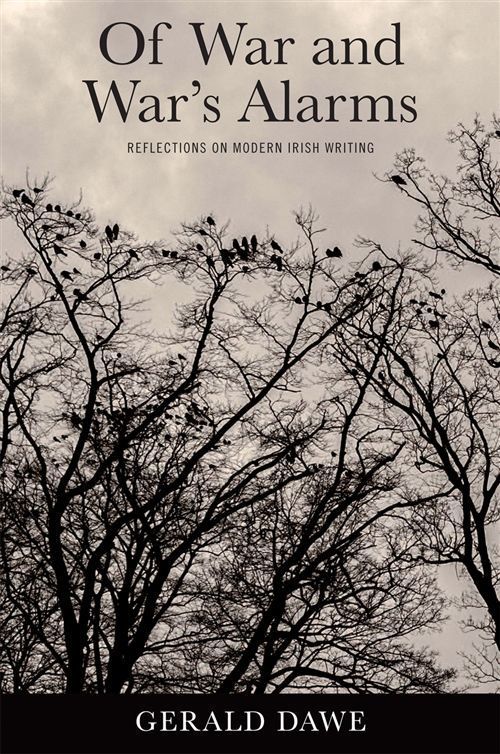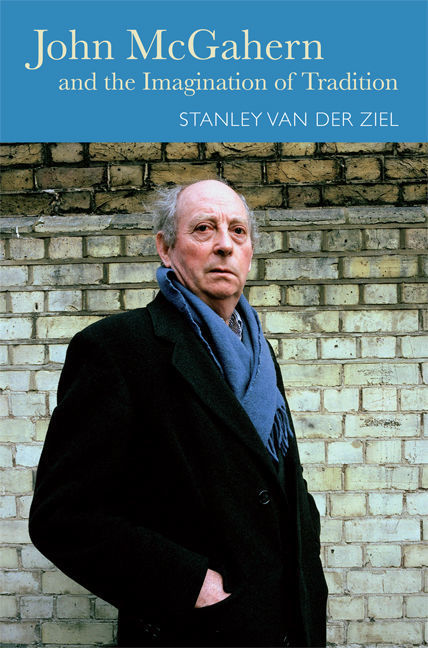Ireland in Psychoanalysis—Contents
Author: Joseph Valente (University of Buffalo), Macy Todd (University of Buffalo), and Seán Kennedy (Saint Mary's University)
Comments
This issue of Breac, "Ireland in Psychoanalysis," was guest edited by Joseph Valente (University of Buffalo), Macy Todd (University of Buffalo), and Seán Kennedy (Saint Mary's University). Its contents include:
1. Joseph…


